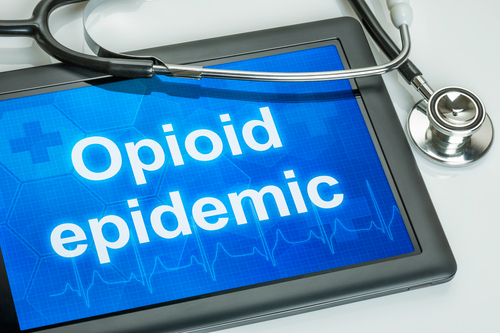
The National Institute on Drug Abuse (NIDA) awarded Emergent BioSolutions a $6.3 million research grant for further development of the company’s treatment for opioid addiction.
Specifically, the funding is for the continued development of AP007, Emergent’s sustained-release nalmefene formulation for the treatment of addiction in opioid use disorder (OUD). AP007 is designed to continually release an effective dose of nalmefene for up to three months and to be administered through intramuscular injection.
The NIDA is a component of the National Institutes of Health (NIH). The award is being made under the Helping to End Addiction Long-term Initiative, or the NIH HEAL Initiative. The campaign is intended to improve prevention and treatment strategies for opioid misuse and addiction and enhance pain management.
“OUD is a complex public health epidemic that is estimated to impact more than two million people in the U.S. today,” Doug White, senior vice president and devices business unit head at Emergent BioSolutions, said. “Through this research grant, Emergent has the opportunity to advance the development of AP007, an extended-release formulation of nalmefene, intended to help improve OUD treatment outcomes, including adherence to medication and reduction in relapse.”
The two-year grant award will allow Emergent to conduct studies and activities leading up to the submission of an investigational new drug application to the U.S. Food and Drug Administration. Beyond that, the project may transition to a second phase that would provide three years of additional funding for further clinical safety and efficacy testing.
“It’s clear that a multi-pronged scientific approach is needed to reduce the risks of opioids, accelerate development of effective non-opioid therapies for pain and provide more flexible and effective options for treating addiction to opioids,” NIH Director Francis S. Collins said. “This unprecedented investment in the NIH HEAL Initiative demonstrates the commitment to reversing this devastating crisis.”




